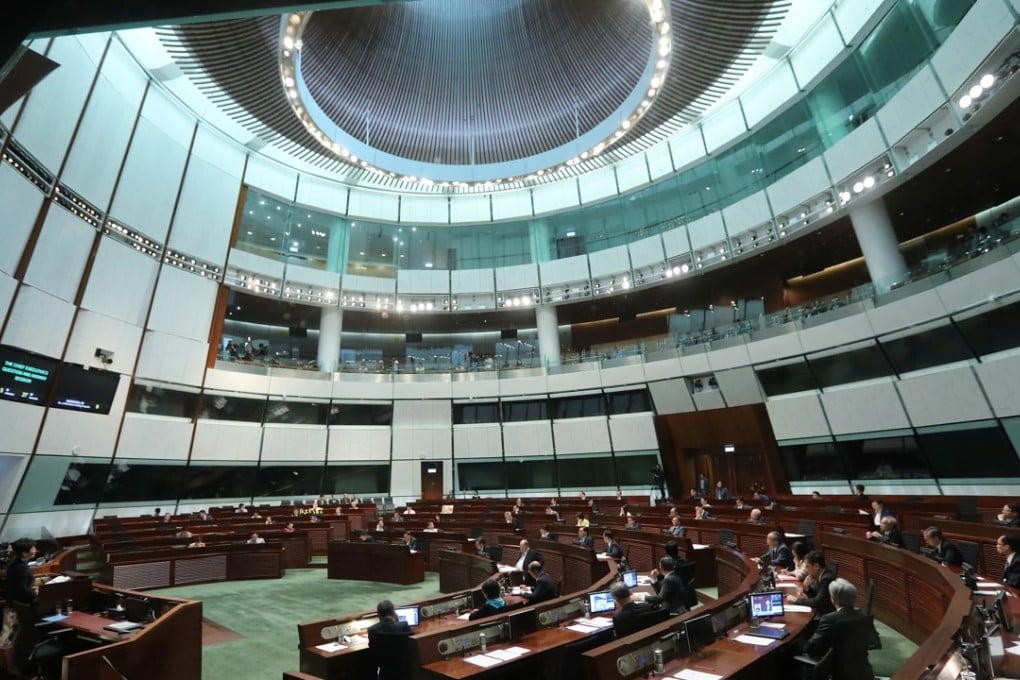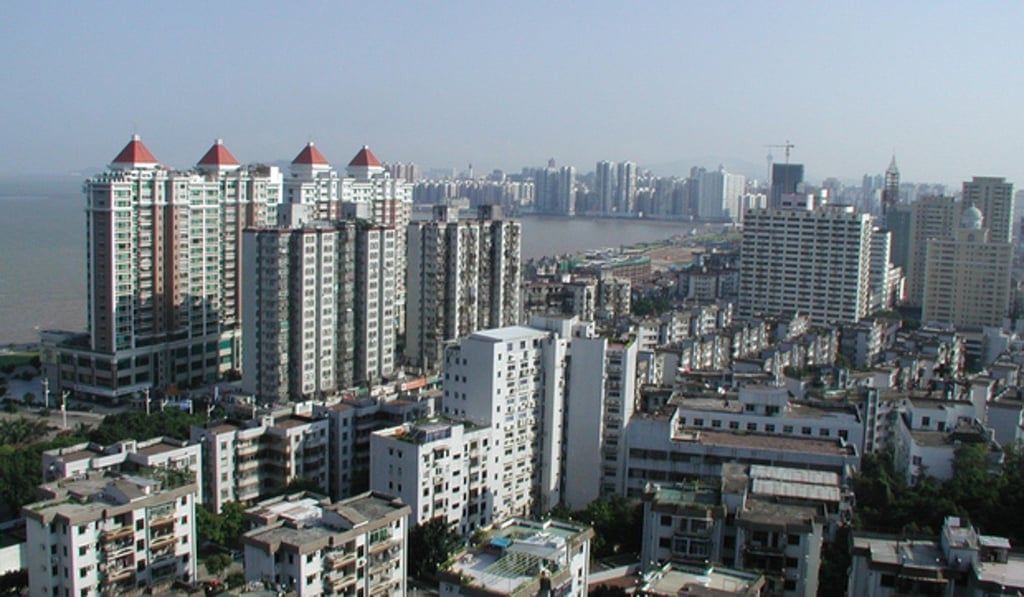China’s Greater Bay Area needs streamlined legal systems, says Baker McKenzie arbitration chief
The different laws and legal systems of Hong Kong, Macau and Guangdong need adapting to support and promote ‘cross-border’ business

Hong Kong will need to play up its role as a reliable legal hub in the mainland’s Greater Bay Area (GBA) economic zone.
Paul Teo, head of Baker McKenzie’s arbitration practice for Greater China, says the legal aspects of the pact will face a number of challenges given the different systems being employed in Hong Kong, Macau and the GBA’s nine mainland cities.

“At the policy level, one of the key areas of focus for the GBA will be on finding ways to enhance and streamline the relevant laws and legal systems of Hong Kong, Macau and Guangdong to support and further promote deals and transactions, especially those with a ‘cross-border’ element.
“Key areas of focus will include enhancing parties’ freedom on the choice of law and dispute resolution forum, and the process of securing enforcement of court judgments and arbitral awards within the GBA. At the business level, they should of course make sure that they continue to do all necessary due diligence, especially when entering into deals and transactions with parties they are not familiar with.”
Teo adds: “It is also critical to ensure that they get proper advice when structuring the agreements so that the appropriate law, forum and other safeguards are incorporated to preserve their rights of enforcement.”
From a legal point of view, Teo says negotiations should focus on relaxing mainland regulations to allow Chinese companies to choose Hong Kong law in the event of legal disputes.
Hong Kong’s fundamental role and purpose in the GBA is centred around its strengths and offering as a financial, legal and professional services hub. Some of the laws may require review and adjustment
“Undoubtedly, Hong Kong’s fundamental role and purpose in the GBA is centred around its strengths and offering as a financial, legal and professional services hub. Some of the laws may require review and adjustment,” he explains.
“For example, as it stands, under existing PRC laws, parties in China that are entering into deals or transactions can only choose a ‘foreign’ [Hong Kong] law or ‘foreign-seated’ dispute resolution forum (Hong Kong Court or arbitral tribunal) if there is a ‘foreign element’ or if there are ‘exceptional circumstances’ involved in the deal or transaction.

Similarly, a review would be useful on the question of enforcement, Teo says.
“For example, court judgments between Hong Kong and China can be enforced in both jurisdictions under the Arrangement on Reciprocal Recognition and Enforcement of Judgments in Civil and Commercial Matters,” he says.
“For arbitration awards, awards in Hong Kong and [mainland] China can be mutually enforced in both jurisdictions as well under the Arrangement on Mutual Enforcement of Arbitration Awards. Again, there is probably scope to review and streamline the existing processes to promote quicker and easier enforcement within the GBA.”
Another area of concern for the GBA is the free movement of talent, within the 11 cities and from abroad, given the border restrictions involving Hong Kong, Macau and Guangdong.
Jonathan Isaacs, head of Baker McKenzie’s China employment practice, says progress is already being made at regional government level to enhance mobility in the GBA.
On March 19, local authorities in the Qianhai special economic zone in Shenzhen announced that people from Hong Kong and Macau may work in the area without a permit. “The government has already taken tentative steps to increasing people mobility in the GBA region,” Isaacs says. “Whether and when this will be expanded to other parts of the GBA remains to be seen, though the government will likely carefully watch to see how this tentative step pans out.”